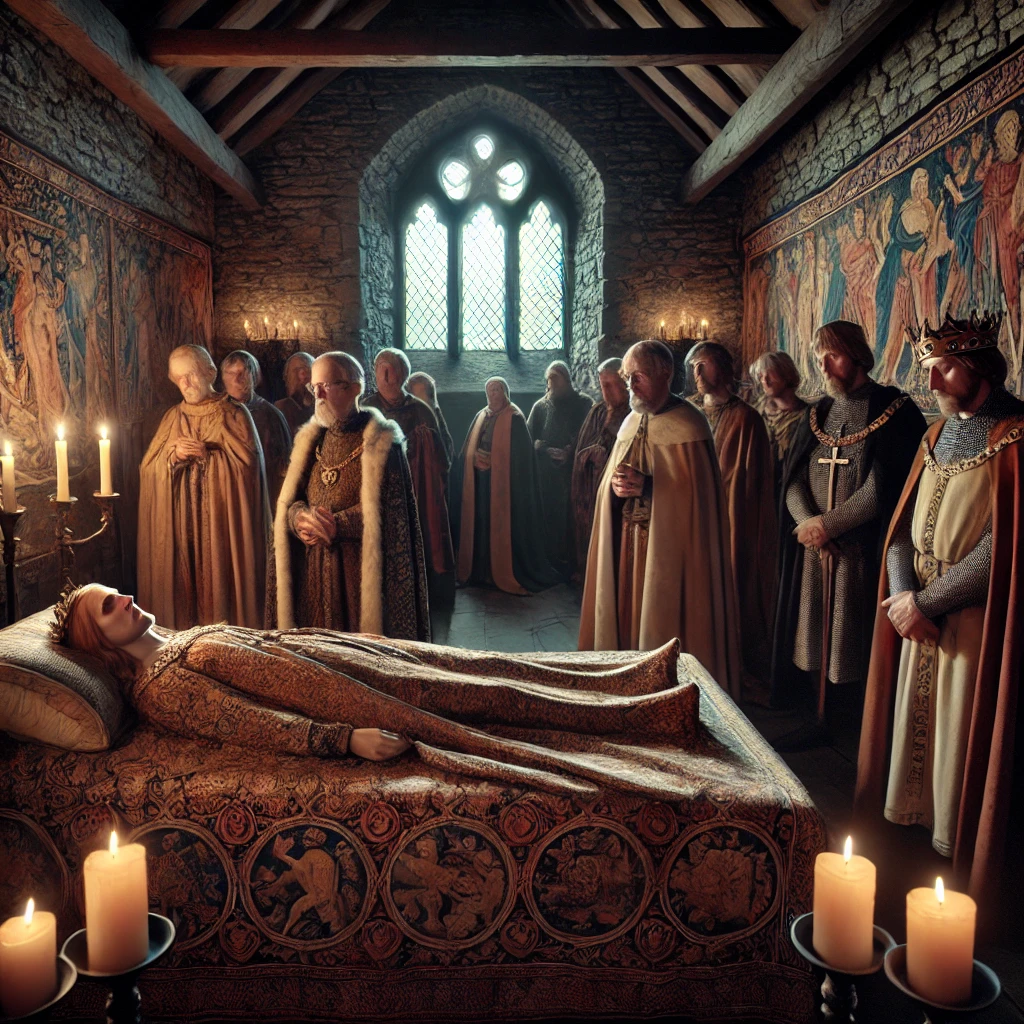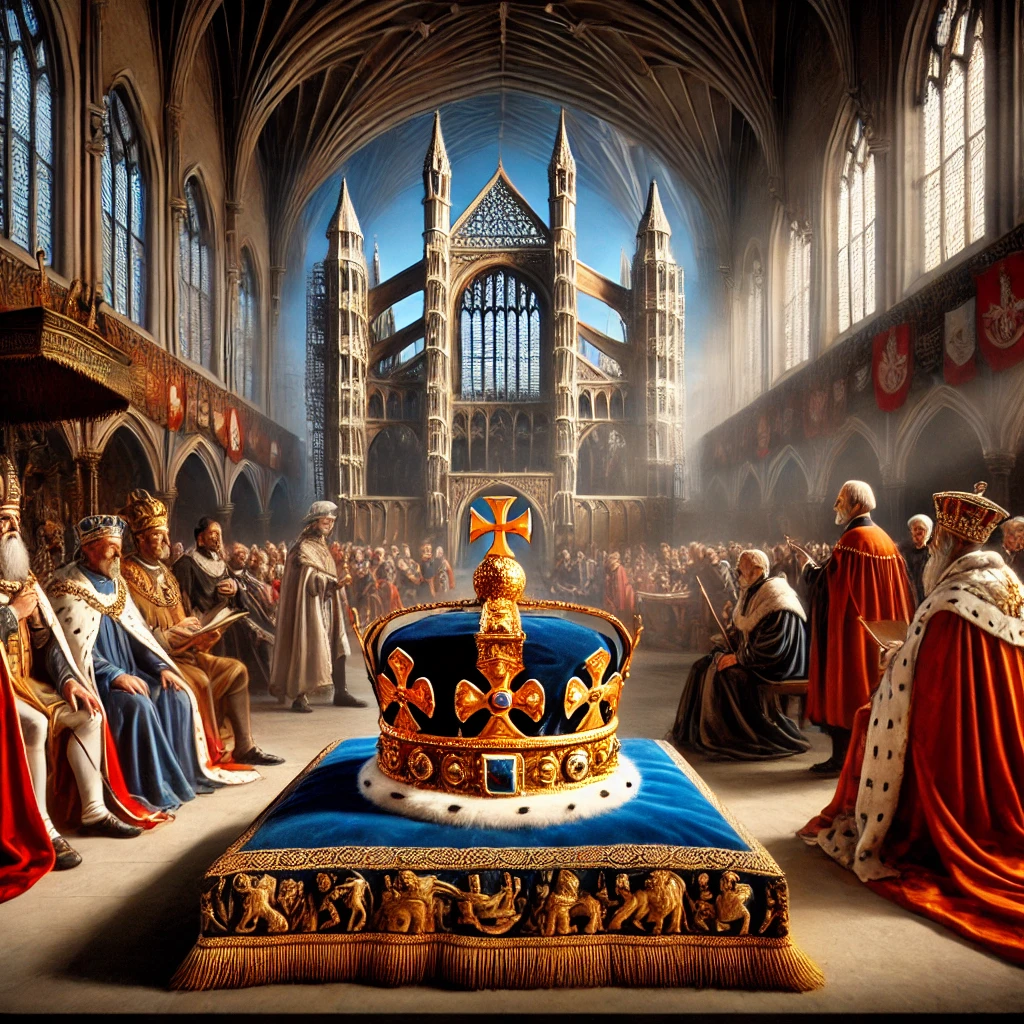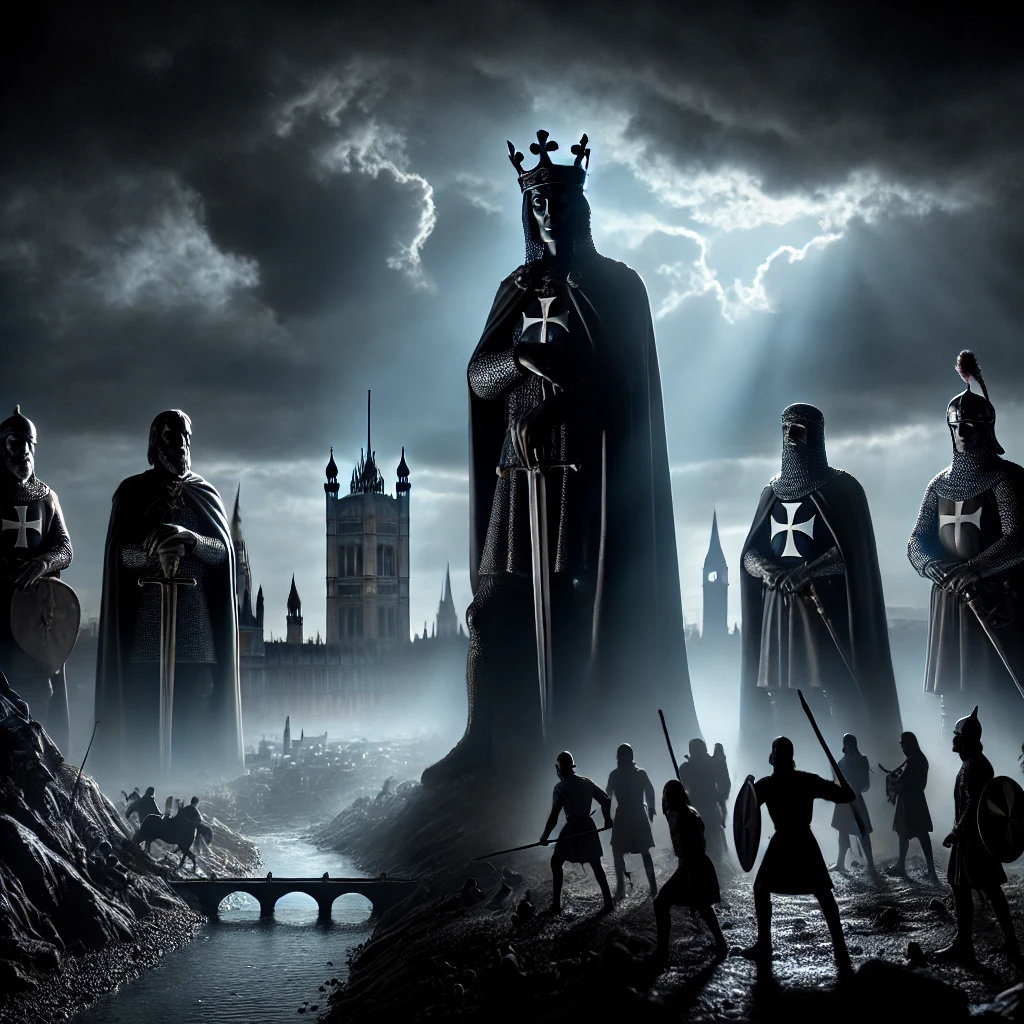On January 5th, 1066, Edward the Confessor, the King of England, passed away, setting off a chain of events that would dramatically alter the course of English history. Known for his piety and for commissioning the construction of Westminster Abbey, Edward’s death marked the end of a relatively stable reign and left England in a state of uncertainty. His passing would spark a brutal succession struggle, which culminated in the Norman Conquest later that year, forever changing the political and cultural landscape of England.

Edward’s Legacy and the Struggle for Succession
Edward the Confessor ascended to the throne of England in 1042, following a period of instability after the death of his predecessor, Harthacanute. As a king, Edward is often remembered for his religious devotion, which earned him the title “the Confessor,” a reflection of his deep faith and commitment to Christianity. One of his most enduring legacies is the establishment of Westminster Abbey, where he was eventually buried and which became the coronation site for future monarchs of England.
Although Edward was a relatively peaceful ruler, his death set off a contentious battle for succession. Edward had no direct heirs, and as a result, there were several claimants to the throne. The two main contenders were Harold Godwinson, the powerful Earl of Wessex, who was named Edward’s successor by many, and William, the Duke of Normandy, who claimed that Edward had promised him the throne years earlier. This unresolved dispute over the throne would lead to a fierce conflict that would change the course of English history forever.

The Norman Conquest and Its Consequences
Edward’s death triggered a power vacuum in England, and in the months that followed, England descended into chaos as rival factions fought for control. Harold Godwinson was quickly crowned king, but his reign was challenged by both internal dissent and external threats. The most significant threat came from William of Normandy, who believed that Edward had promised him the throne, a claim that was backed by some powerful allies in England.
In 1066, William gathered an invasion force and crossed the English Channel to confront Harold. The resulting Battle of Hastings, fought on October 14th of that year, saw Harold’s forces defeated and Harold himself killed. William, now known as William the Conqueror, claimed the English crown and began a process of Norman rule that would dramatically alter the culture, politics, and society of England. The Norman Conquest introduced feudalism, brought a new class of rulers to England, and left a lasting imprint on the English language, law, and governance.
Lasting Impact on England’s Development
Edward the Confessor’s death in 1066 did not just mark the end of a reign; it set in motion one of the most significant turning points in English history. The Norman Conquest reshaped England socially, economically, and politically. The Normans introduced their language, feudal system, and centralized government, all of which profoundly influenced the development of English society. The impact of the Conquest is still felt today, particularly in the English language, which absorbed a large number of Norman French terms, especially in law, governance, and culture.
The Battle of Hastings and the subsequent Norman rule also had far-reaching effects on the English monarchy, creating a more powerful, centralized state. The conquest led to the creation of the Domesday Book, a detailed record of land holdings in England, which was used to assess taxes and implement Norman policies. The social structure was also redefined, as lands were redistributed to Norman nobles, and the native Anglo-Saxon aristocracy was largely displaced.

Edward the Confessor’s death on January 5th, 1066, set the stage for a pivotal moment in English history. His passing left a power vacuum that ignited a struggle for the English throne, culminating in the Norman Conquest. The events that unfolded in the wake of his death reshaped England politically, culturally, and socially, laying the foundation for the future of the English monarchy and the development of the nation. The legacy of the Norman Conquest continues to be felt today, making Edward’s death a defining moment in the history of England.
